What is salicylic acid?
How does salicylic acid work?
The Benefits of Salicylic Acid
Which skin types benefit from salicylic acid?
What is salicylic acid?
Salicylic acid is a widely used skincare ingredient best known for its cleansing, antibacterial and anti-inflammatory properties. It belongs to the group of beta hydroxy acids (BHAs), which also includes citric acid (AHA), but differs from AHAs in that it is fat-soluble, giving it unique benefits for certain skin concerns.
How does salicylic acid work?
Salicylic acid works mainly through exfoliating and anti-inflammatory mechanisms. Its fat solubility allows it to penetrate deep into the pores where it can dissolve deposits of sebum, dead skin cells and other impurities. Here are its main functions:
Pore Cleansing: Salicylic acid is able to penetrate deep into pores because it is fat-soluble. It dissolves dead skin cells and reduces blockages and impurities that can lead to acne and blackheads. This makes it a particularly effective ingredient for treating acne-prone or oily skin.
Exfoliation: Like other exfoliating acids, salicylic acid gently removes dead skin cells from the skin's surface. This promotes cell renewal and helps make the skin appear smoother and fresher. With regular use, it can refine the skin's texture and prevent the formation of sebum buildup.
Antibacterial and anti-inflammatory properties: Salicylic acid has antibacterial properties that help kill bacteria that can cause acne. It also has anti-inflammatory properties that help reduce redness and swelling in inflamed pimples or skin irritations.
Reduces blemishes and acne: Salicylic acid is particularly effective in treating acne, blackheads and comedones (clogging in pores). It can penetrate deep into the pores and helps reduce inflammation and prevent the formation of new blemishes.
Refinement of the skin's texture: Regular use of salicylic acid makes the skin more even and smooth. It helps to improve skin texture and minimize hyperpigmentation (e.g. post-inflammatory hyperpigmentation after acne) by accelerating cell renewal.
The benefits of salicylic acid:
Acne treatment: It is a gold standard in the treatment of acne as it deeply cleanses the pores, reduces inflammation and inhibits the growth of acne bacteria.
Refining the skin's texture: It provides gentle exfoliation, making the skin look smoother and more even.
Reduction of blackheads and clogged pores: Salicylic acid dissolves sebum accumulations and prevents the formation of blackheads and other impurities.
Soothing inflamed skin: Its anti-inflammatory properties make it ideal for skin prone to redness or irritation.
Better skin texture and complexion: Long-term use can improve the overall appearance of the skin and make it appear fresher and more radiant.
Which skin types benefit from salicylic acid?
Salicylic acid is particularly beneficial for certain skin types and skin problems:
Acne-prone skin:
Salicylic acid helps to unclog pores and reduces the inflammation that causes acne. It is an excellent ingredient for fighting pimples, blackheads and comedones.
Oily skin:
For oily skin, salicylic acid helps reduce excess sebum and cleanse pores, leaving skin balanced and matte without the risk of excess oil clogging pores.
Impure skin:
People with skin that is prone to spots or blemishes benefit from the deep cleansing effect of salicylic acid. It prevents the formation of new blemishes and promotes clear skin.
Sensitive skin:
Those with sensitive skin should use salicylic acid in low concentrations as it gently exfoliates the skin and reduces inflammation. It can help soothe skin irritations and reduce redness.
Skin with hyperpigmentation or uneven skin tone:
Salicylic acid can help reduce post-inflammatory hyperpigmentation (dark spots after acne) by promoting cell renewal and making the skin appear smooth and even.
Application and precautions:
How to use: Salicylic acid is available in many formulations such as toners, serums, creams, masks and peels. When applying it to the skin, it is important to follow the product's instructions and not to overdo it, as excessive use can cause skin irritation.
Combination with other acids: Salicylic acid should be used with caution in combination with other exfoliating ingredients such as glycolic acid or lactic acid, as this could cause further skin irritation.
Sun protection: Since salicylic acid can make the skin more sensitive to sunlight, it should be combined with a broad-spectrum sunscreen (SPF 30 or higher) during the day.



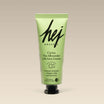

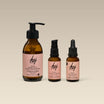


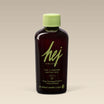
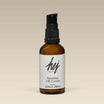
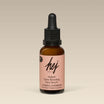
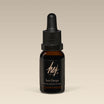

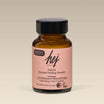

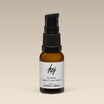
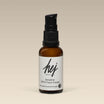
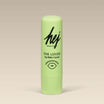



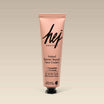
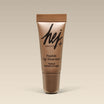
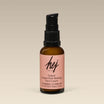




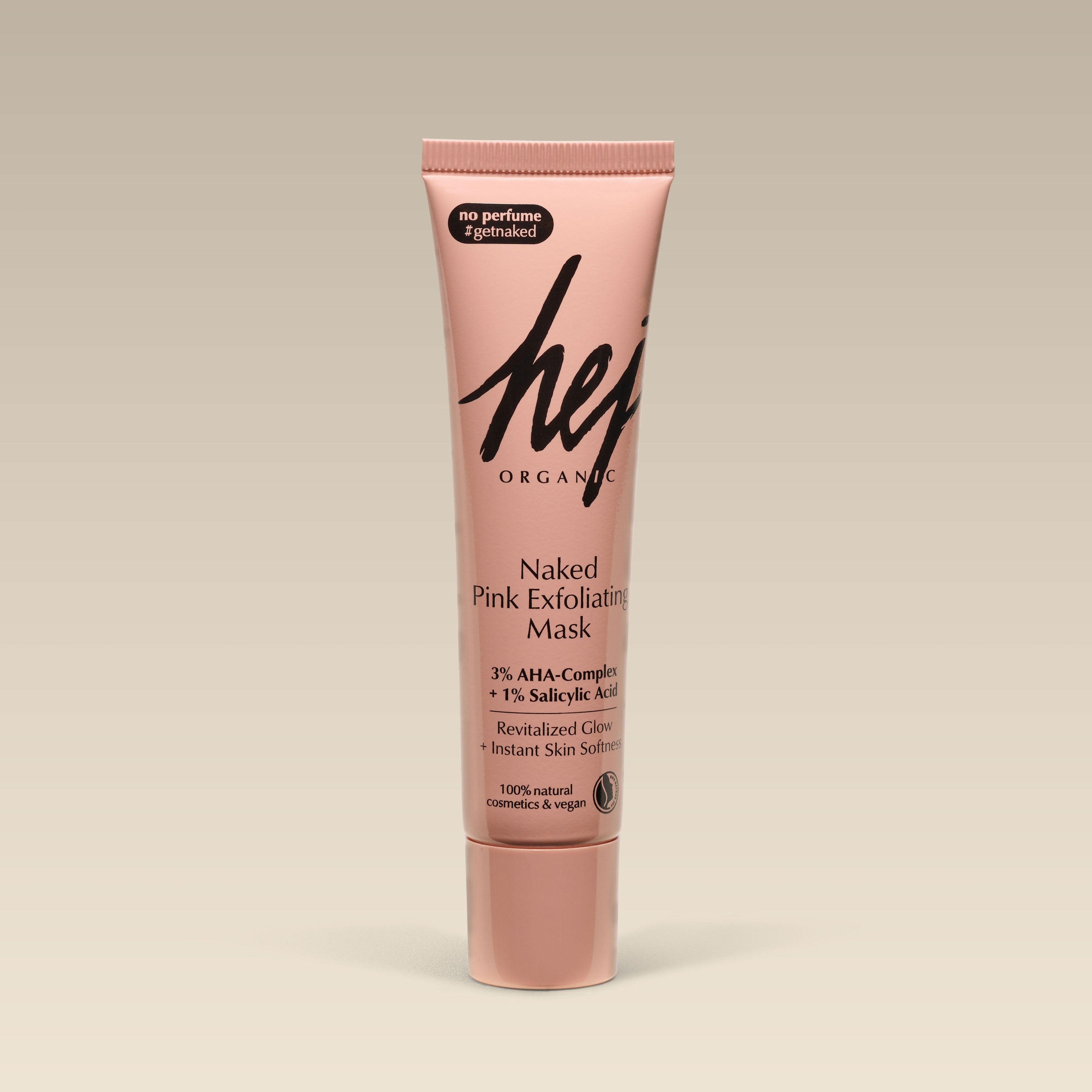

Leave a comment
This site is protected by hCaptcha and the hCaptcha Privacy Policy and Terms of Service apply.